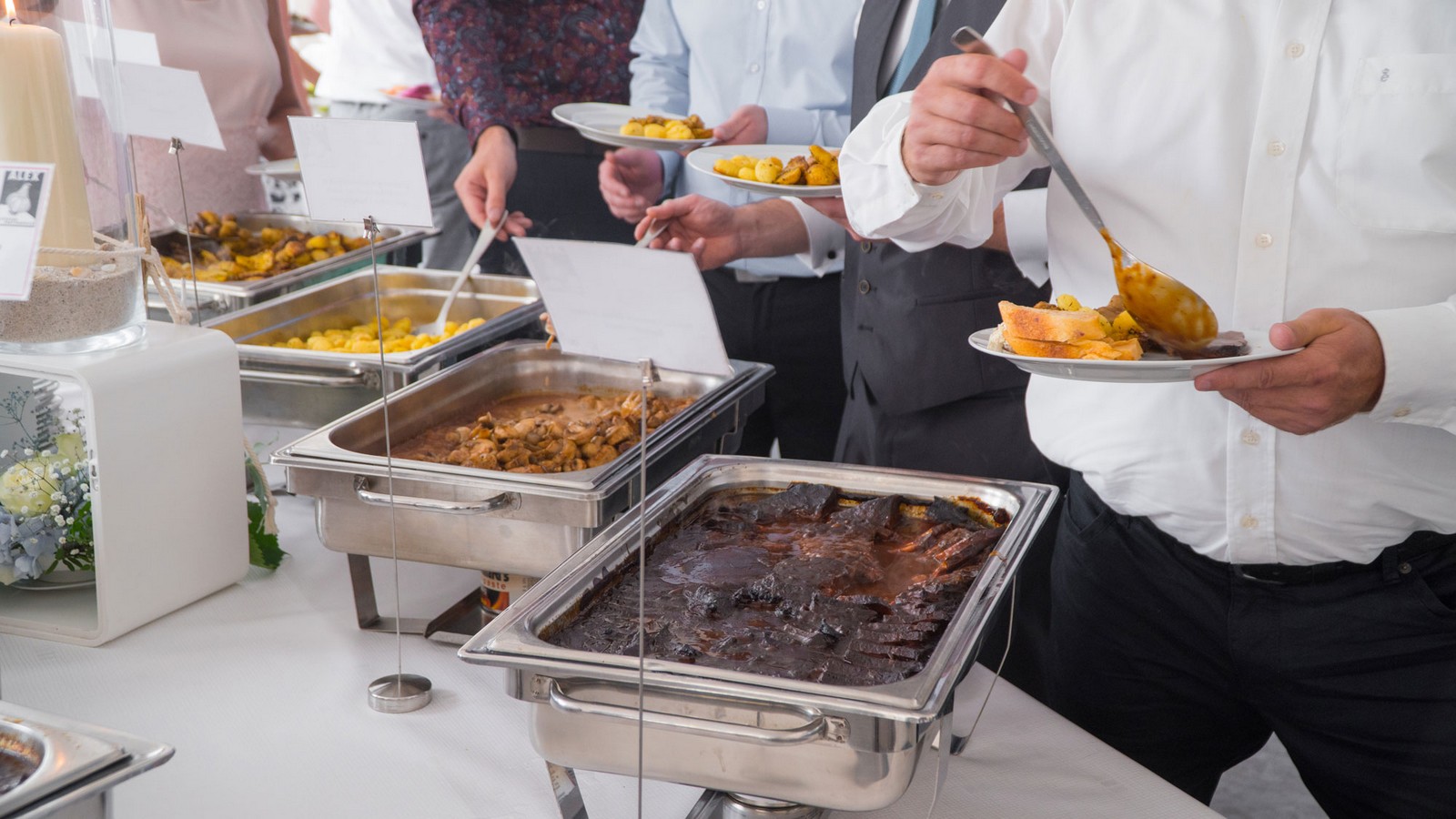Planning a corporate event can be a daunting task, but with the right knowledge and preparation, it doesn’t have to be. From researching venues to creating an engaging agenda for guests, many steps need to be taken to ensure your event runs smoothly.
In this article, we will share some of our best pro tips for keeping your guests happy and engaged throughout the entire experience. From providing snacks and drinks to considering activities that fit within the theme of your event, read on as we explore how you can make sure each guest leaves feeling contented and fulfilled!
1. Pre-Event Planning: Strategies for Creating a Memorable Experience
Organizing a corporate event requires more than just booking the venue and inviting guests. It takes careful pre-event planning to ensure everyone has an enjoyable and memorable experience.
From selecting the right caterer to designing interactive activities, there are several strategies you can employ to create a successful event. First, you should consider the type of food that will be served at your event.
Make sure it is high-quality cuisine that everyone will enjoy—it doesn’t have to be expensive or fancy but it should taste good! When selecting a caterer, ask for samples of their dishes so you can get an idea of what their food tastes like before making any commitments. Second, think about how you want people to interact with each other during the event.
Consider incorporating team-building activities or providing opportunities for networking by setting up different conversation topics in various areas of the venue. This way, guests won’t feel awkward when they arrive as they’ll already know what kind of engagement is expected from them throughout the evening.
Finally, don’t forget about decorations! Whether it’s table centerpieces or wall art pieces, make sure your decor sets the tone for your corporate event and reflects its theme and purpose in some way shape, or form. Invite guests into an atmosphere where they feel relaxed yet energized and ready to participate—that way they’re more likely to remember their time spent at your gathering long after it’s over!
2. Post-Event Follow-Up: Ensuring Guests Leave Satisfied

Once your corporate event has concluded, it is important to make sure that guests leave feeling satisfied with the experience. To ensure that all of your guests have a positive memory of the event, you should follow up promptly and thoughtfully.
Start by sending out thank you emails within 24 hours of the conclusion of the event. Make sure to include any relevant contact information for yourself or other key staff members in case attendees have additional questions after they leave.
Also, consider sending out surveys to get feedback on what worked well and what could be improved upon for future events. Finally, post pictures from throughout the event across social media channels so attendees can reminisce about their time at your gathering – this will also help build anticipation for future events! Overall, following up with guests after an event helps create loyal customers who feel appreciated and valued by your company.
3. Utilizing Technology to Enhance the Event Experience
In today’s world of corporate events, technology can be used to create immersive experiences that truly engage and delight guests. With the right tools and strategies in place, you can use virtual reality (VR), augmented reality (AR), interactive displays, live streaming, and more to add an extra layer of excitement to your event. VR allows guests to explore a virtual environment while AR layers digital elements onto physical space for a unique experience.
Interactive displays allow attendees to interact with visuals using motion sensors or touchscreens. Live streaming enables remote participation in real-time events when attending in person isn’t possible.
Through the creative utilization of these technological advancements, companies can craft engaging experiences that foster meaningful connections with their target audience.
4. Catering to Different Types of Guests and Preferences

When planning a corporate event, it is important to consider the different types of guests that may be attending. Depending on the purpose of the event and its duration, guests could include employees across multiple departments or clients with various backgrounds.
It’s essential to recognize that everyone will have their preferences when it comes to food, entertainment, and accommodation arrangements. Organizers should strive to accommodate all guests by providing options for special dietary requirements and varied meals.
Additionally, activities should be tailored toward different interests – such as offering team-building exercises for those who prefer physical activity or organizing creative workshops for more artistic mindsets. Furthermore, ensure there are enough types of lodging available so that no one feels excluded due to budget restrictions or individual preference in terms of sleep quality.
Striking a balance between catering to different tastes while still keeping within an allotted budget is key in ensuring everyone has an enjoyable experience at each corporate event; thus making it a memorable occasion that leaves every guest feeling appreciated and engaged throughout the day!
5. Budgeting Strategies for Corporate Events
When it comes to planning corporate events, budgeting is a key element of success. To ensure your event remains within the allocated budget and achieves its desired outcomes, here are six strategies to help you get started:
1. Set realistic goals – Before allocating funds for an event, determine what outcomes you want to achieve from it in terms of engagement with potential customers or clients. This will help inform how much money should be spent on each activity throughout the event.
2. Research vendors – When hiring vendors for services such as catering or entertainment, research different options before committing to any one provider. Look into their offerings and compare rates so that you can make informed decisions about where best to allocate funds when budgeting for your corporate event.
3. Seek out discounts – Once you have identified which vendors fit best with your needs and objectives, look into whether there are any available discounts or special offers they offer that could reduce costs further without compromising quality or service delivery levels.
4. Negotiate deals – If possible try negotiating with vendors offering more favorable payment terms if this would suit better within your overall budget allocations. For example, can payments be staggered over some time instead of paying upfront?
5. Utilise existing resources – Consider using existing resources at hand such as office facilities or furniture rather than buying new items specifically for the event itself as this can save significant amounts in expenditure overall whilst still delivering great results!
6. Plan – Allow yourself plenty of time before an event by planning activities well in advance so that any necessary bookings can be made early enough to take advantage of discounted prices wherever possible!
Conclusion

When it comes to planning a corporate event, many tips and tricks can help keep your guests happy and engaged. From hiring a professional DJ or musician to providing delicious catering options, attention to detail is key.
Additionally, incorporating fun activities such as photo booths or Fog machine rental for wedding can add an extra layer of excitement and entertainment for your guests! With these pro tips in mind, you’ll be sure to have a successful corporate event that’s enjoyed by all!





